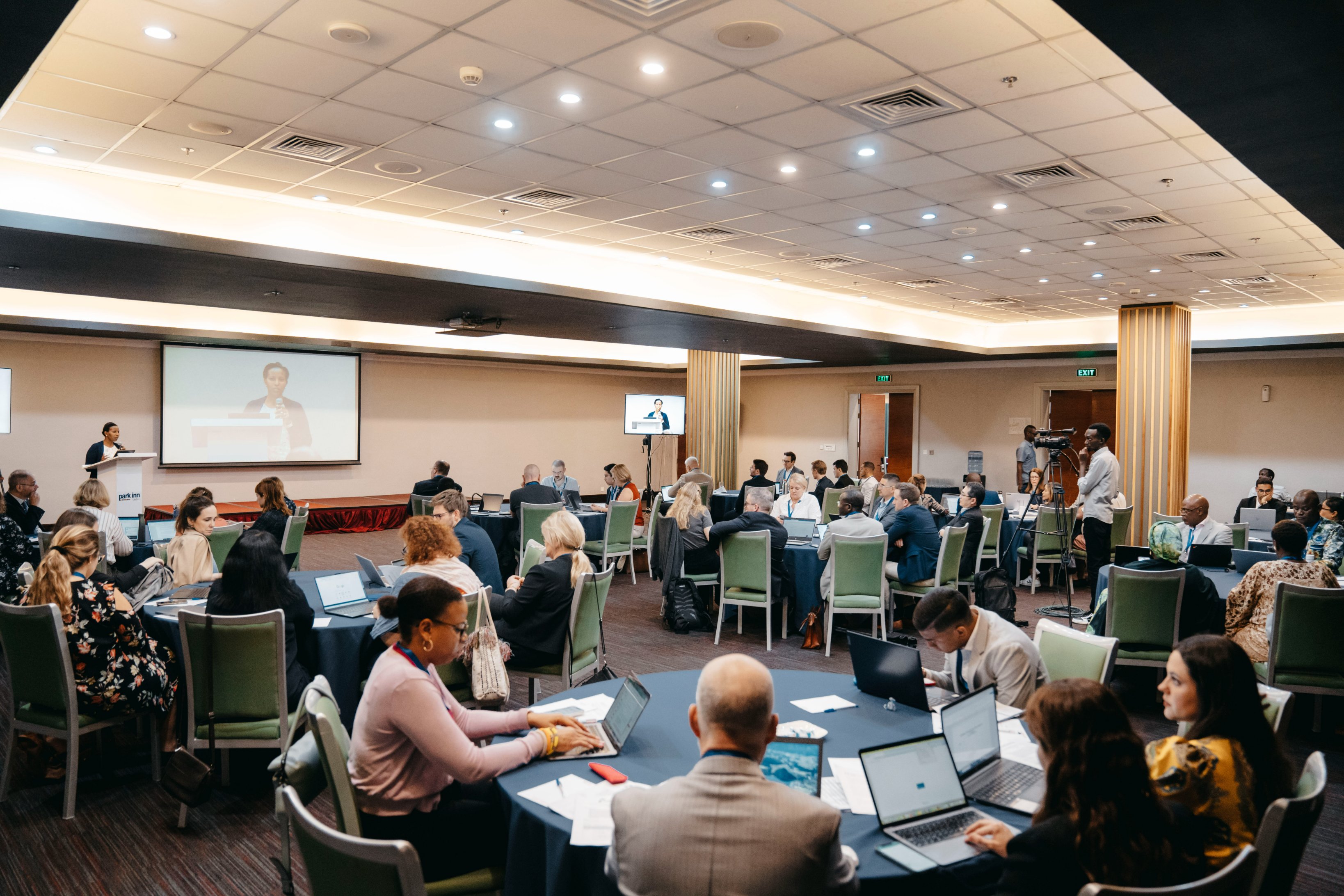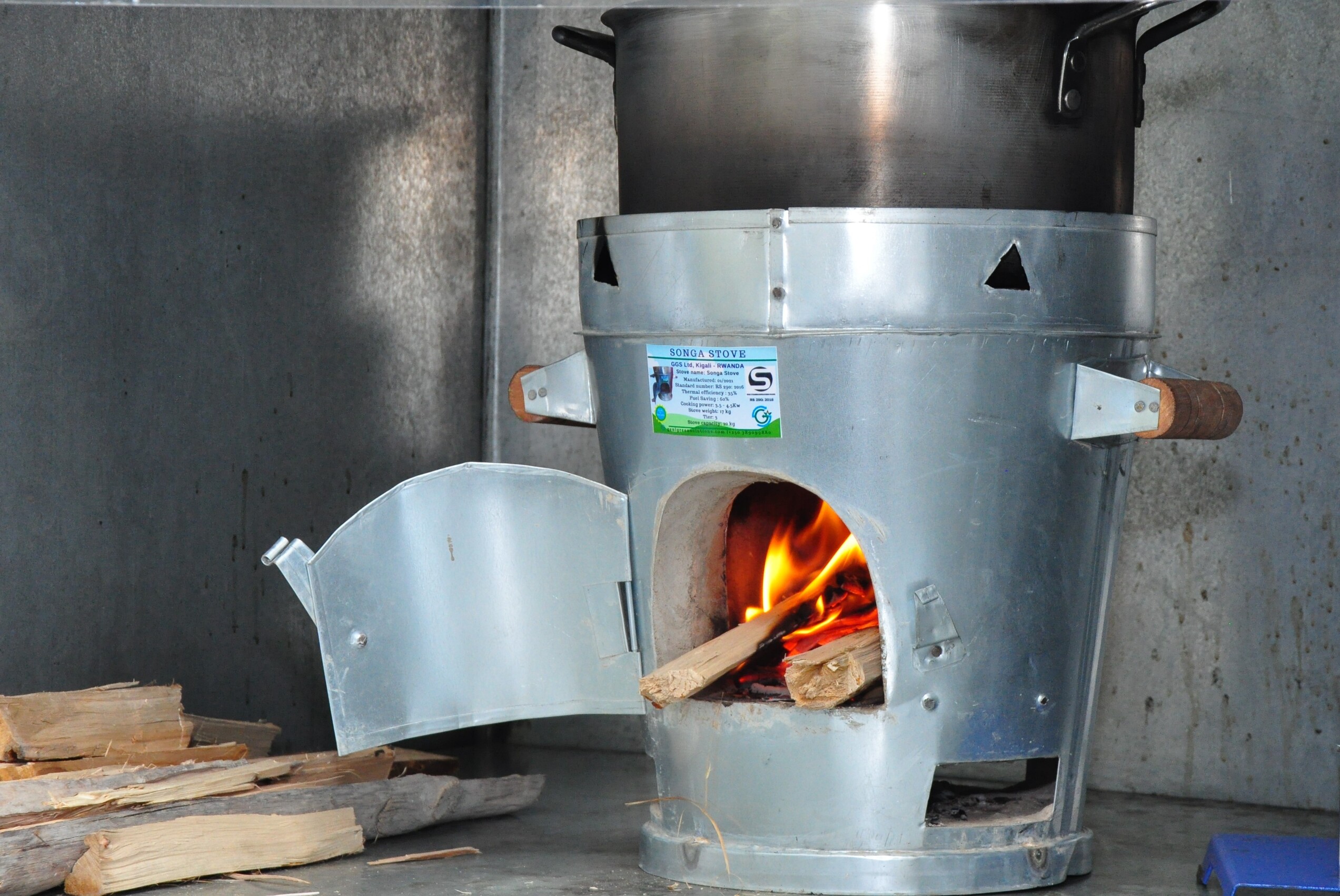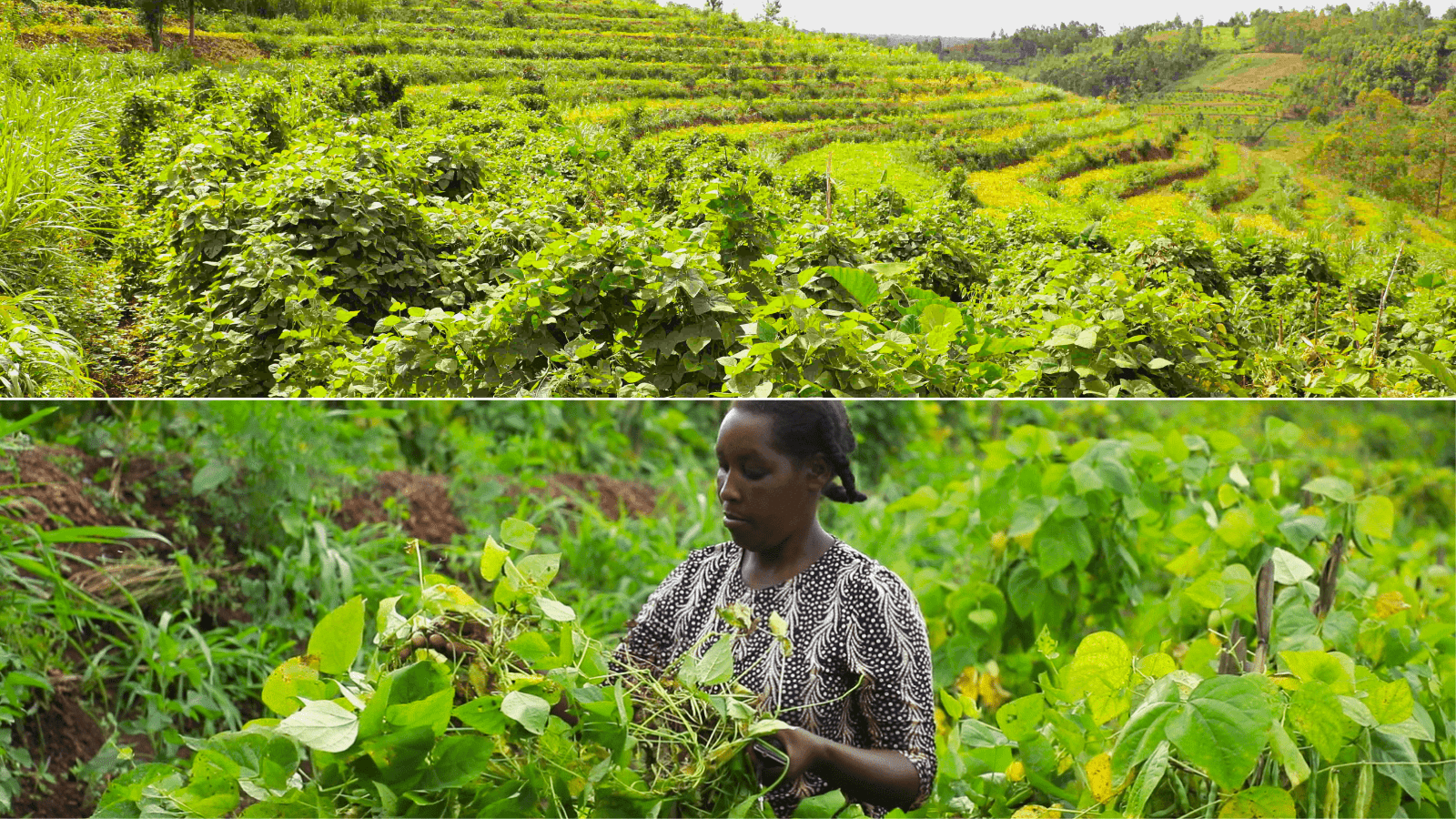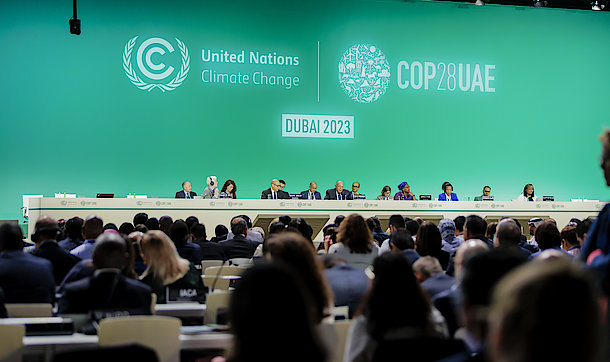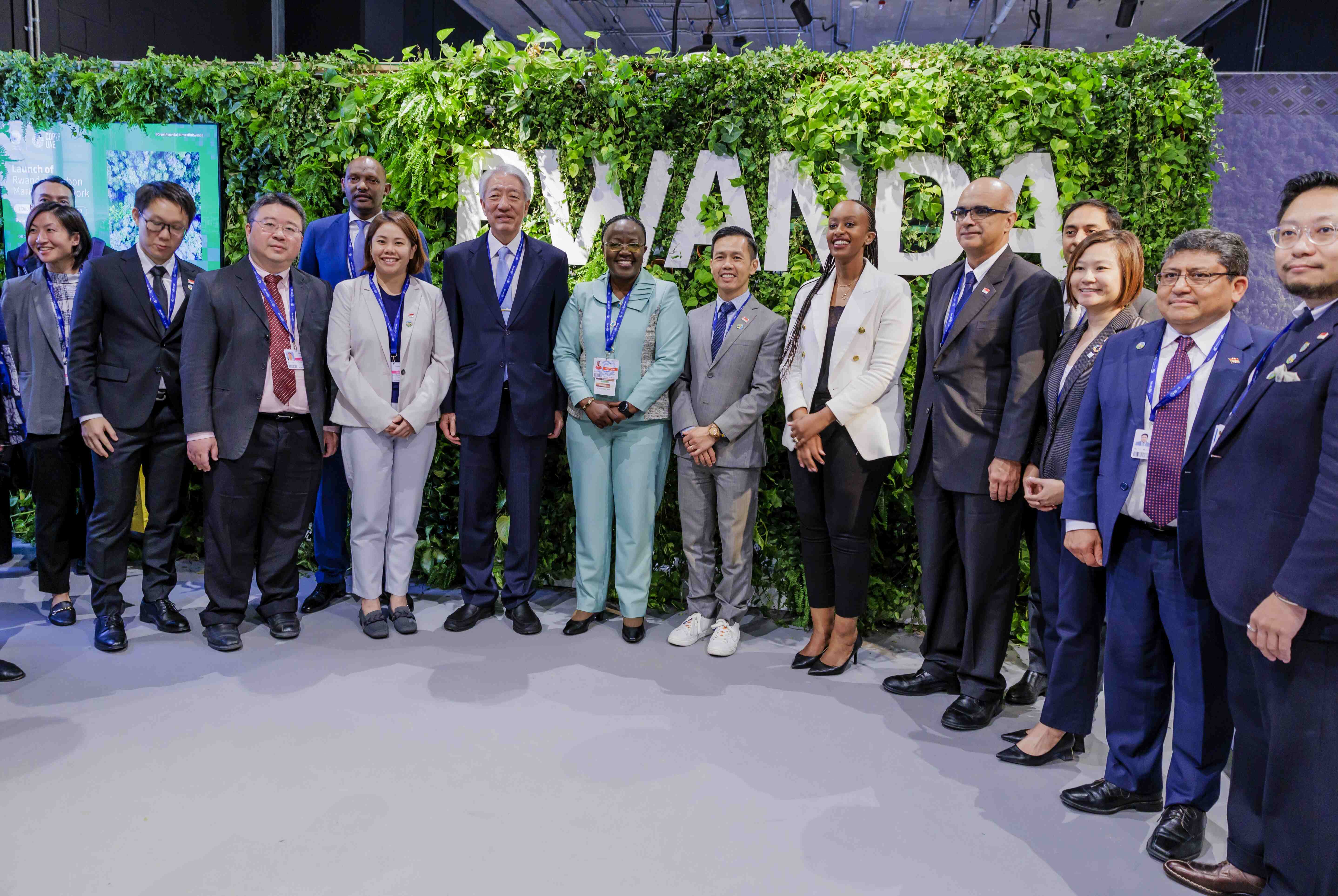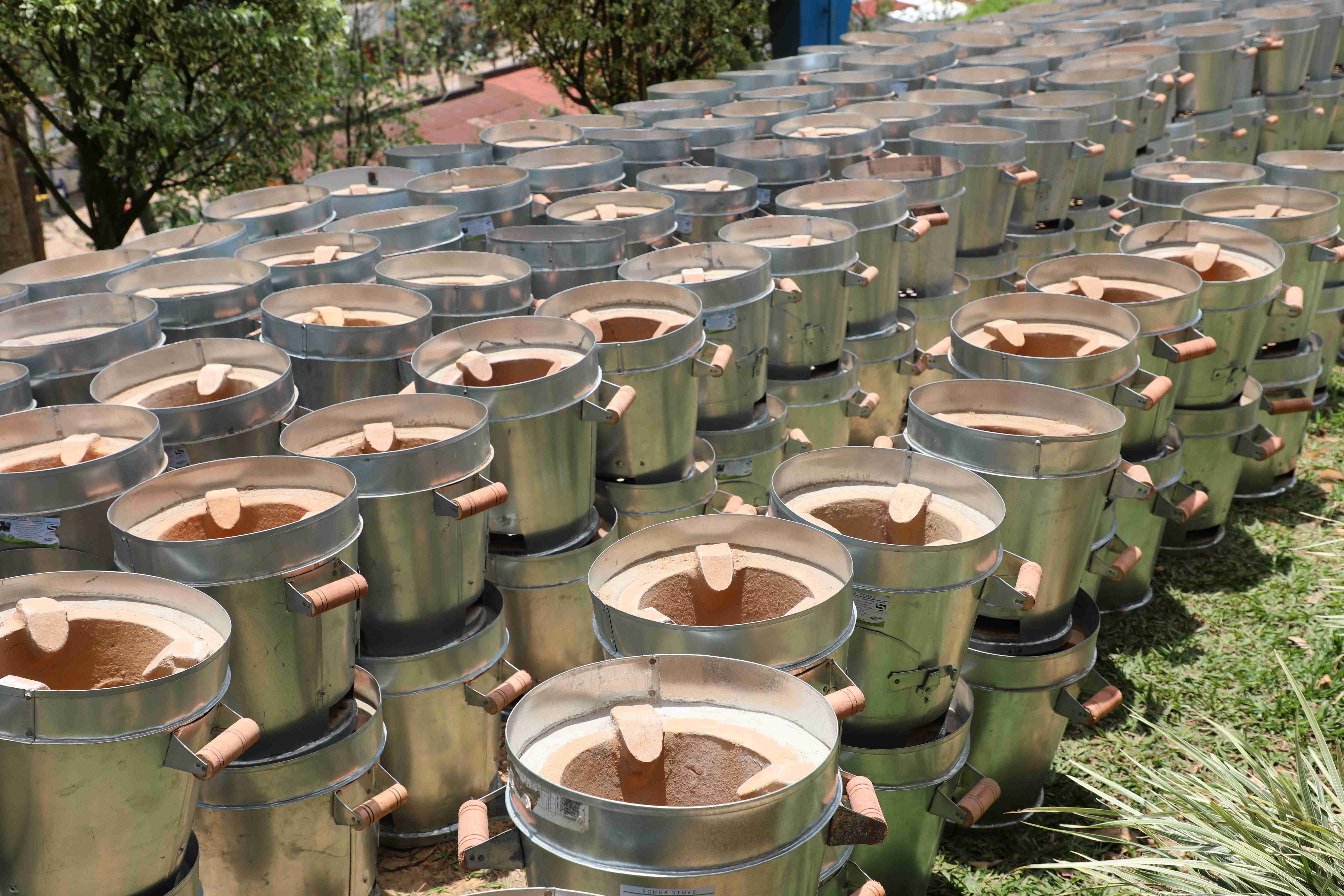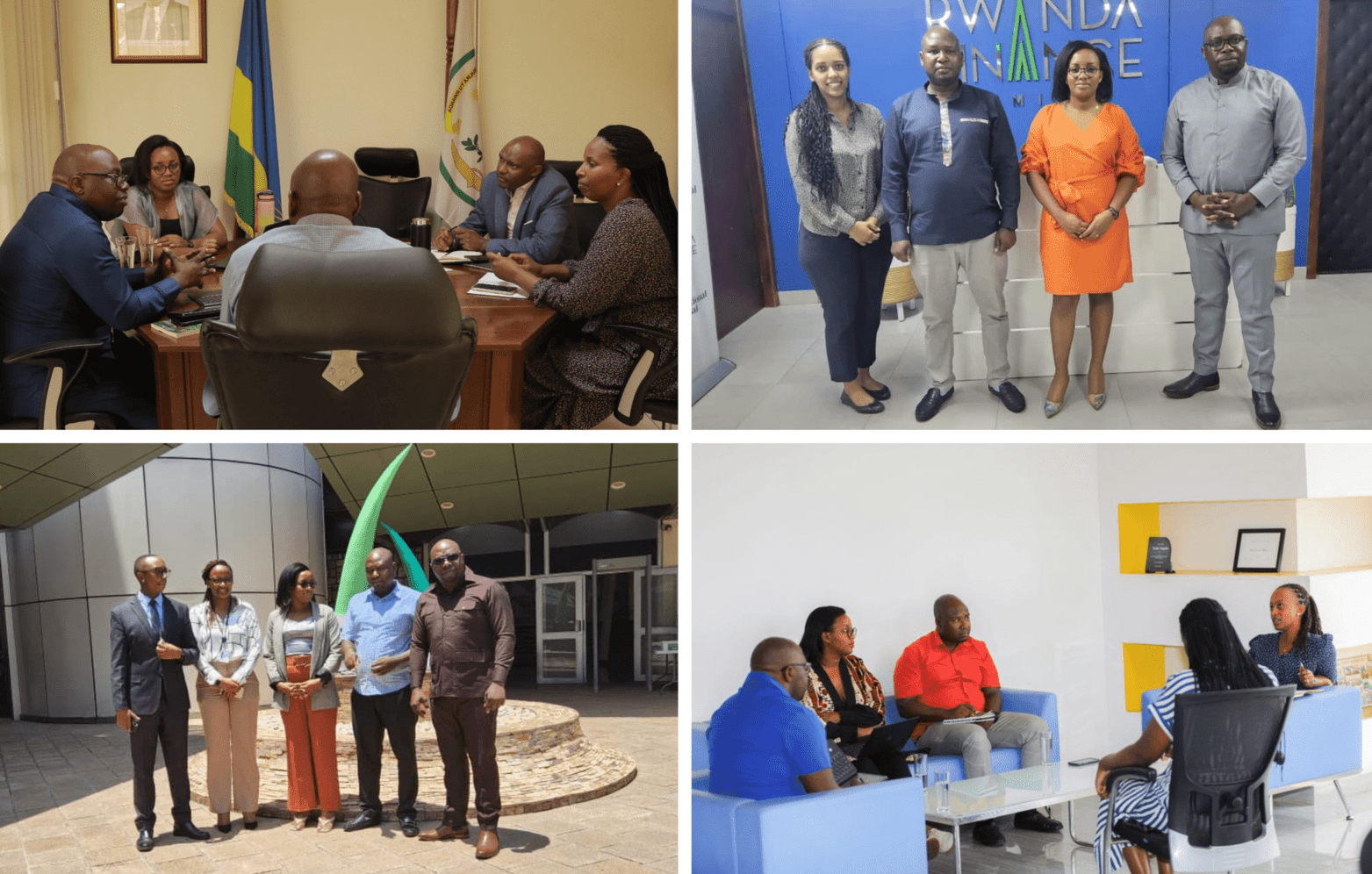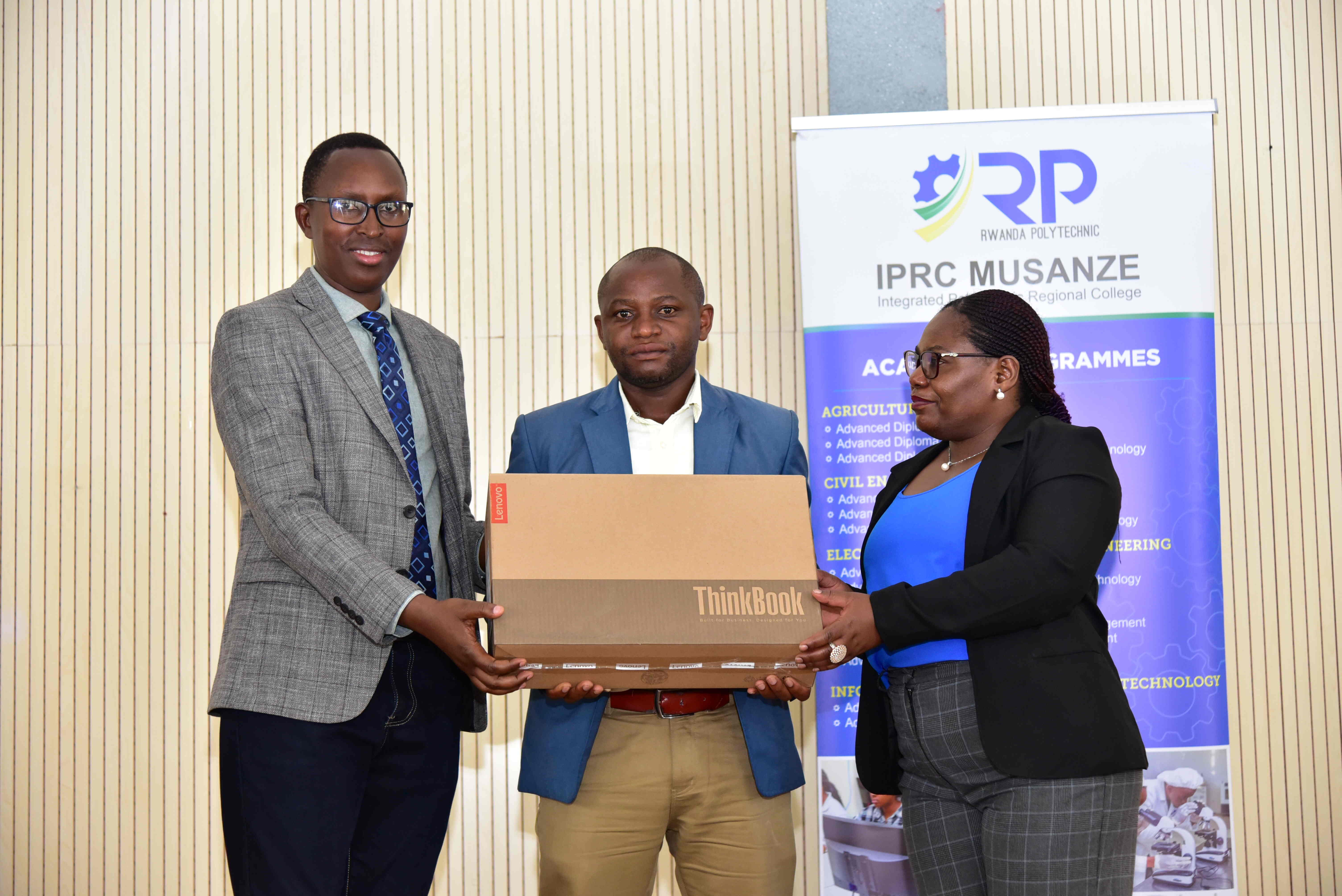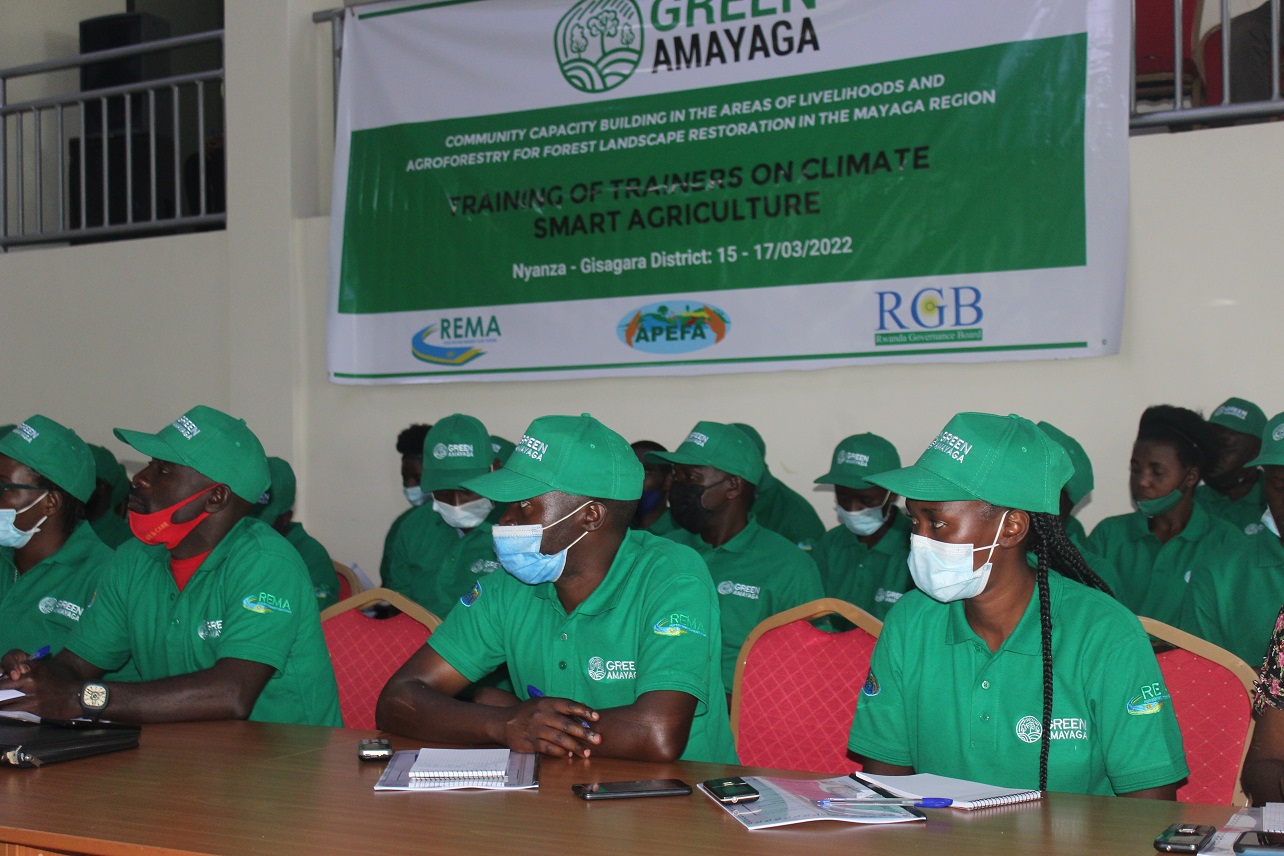
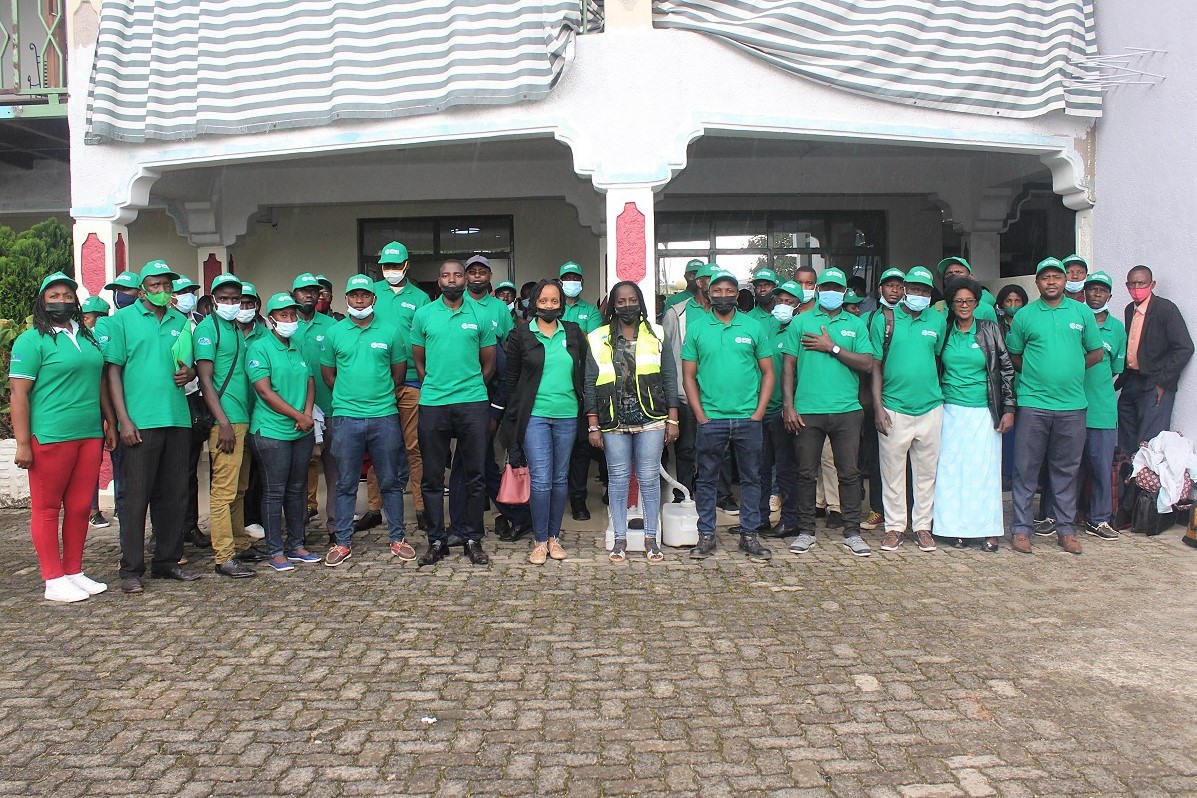
Green Amayaga: Farmers trained on Climate-Smart Agriculture practices
The Rwanda Environment Management Authority (REMA) through the Forest Landscape Restoration in the Mayaga Region – known as Green Amayaga Project – in partnership with Action pour la Protection de l’Environment et la Promotion des Filieres Agricoles (APEFA) conclude a three-day training on climate-smart agriculture practices.
The training was held in Nyanza District and brought together model farmers (extensionists), Cells Social Economic Development Officers (SEDOs), and sector agronomists among other local leaders from Nyanza and Gisagara Districts.
The training was conducted in line with the implementation of Green Amayaga Project Component – Community capacity building in the areas of livelihood and agroforestry for forest landscape restoration in the Mayaga Region – implemented by APEFA, a local Non-Governmental Organization supporting REMA to implement Green Amayaga Project.
The training focused on adaptation and mitigation approaches as ways to deal with widespread climate change effects that affects agricultural production.
“Adaptation can be understood as the process of adjusting to the current and future effects of climate change while mitigation means making the impacts of climate change less severe by preventing or reducing the emission of greenhouse gases (GHG) into the atmosphere” Dr. Marie Chantal Mutimawurugo explained to trainees
Trainees got opportunity to learn more about climate-smart agriculture practices as a way of mitigating climate change risks and effects on agriculture, improved seeds, timely planting, intercropping, crops rotation and irrigation among many others.
Trainees also got opportunity to conduct a study tour with the aim of visiting activities and projects implemented climate-smart agriculture, agroforestry farms and Rwabicuma dam in Nyanza district which ease hillside irrigation for agricultural production on 471 hectares in Nyagisozi and Cyabakamyi sectors in Nyanza district.
After the training, the farmers drafted and signed performance contracts of activities related to climate smart agriculture to be carried out in their respective sectors.
“We now know that climate-smart agriculture is a must for ensuring food security despite climate change effects. Furthermore, plant nutrients must be applied in an appropriate way to avoid environment and land degradation” trainees said after the study tour.
During the training, it was also revealed that the use of appropriate fertilizers helps to not only adapt and mitigate the impacts of climate change, but also contributes to plant growth, increases soil carbon sequestration, enhances crop resilience and reduces nutrient losses among many other benefits.
The Forest Landscape Restoration project in the Amayaga region is a six-year initiative to afforest degraded ecosystems and restore the natural forests of four districts in Rwanda’s Southern Province. It will promote biodiversity, foster ecosystem services, increase agricultural productivity and reduce the vulnerability of people and ecosystems to the impacts of climate change.
The project is supported by the Global Environment Facility (GEF) and the United Nations Development Programme (UNDP) and is being implemented by the Rwanda Environment Management Authority (REMA) in partnership with the Rwanda Forestry Authority (RFA) and the districts of Kamonyi, Ruhango, Nyanza and Gisagara.
Topics
More posts
Rwanda hosts a two-day workshop for Negotiators of the High Ambition Coalition to End Plastic Pollution
Rwanda has from 14th to 16th February hosted a two-day workshop for negotiators of the High Ambition Coalition to End Plastic Pollution (HAC). The…
LDCF3 Project’s Improved Cookstoves: A Dual Solution for Climate Change and Human Health
In a ground-breaking move towards sustainable living, the Rwanda Environment Management Authority (REMA) is making significant strides in the fight…
From reluctance to acceptance: The LDCF3 Project beneficiaries embraces terraces for agricultural transformation
The beneficiaries of the Ecosystem/Landscape Approach to Climate Proof the Rural Settlement Programme of Rwanda, also known as LDCF3 Project, who…
Rwanda welcomes historic COP28 decision to transition away from fossil fuels
The Government of Rwanda has welcomed the ground-breaking decision made at the 28th Conference of the Parties (COP28) to the United Nations Framework…
Rwanda launches Carbon Market Framework to advance Climate Action for a Sustainable Future
Rwanda has today launched its National Carbon Market Framework in a significant stride towards a greener and more sustainable future. The framework…
Over 45 professionals complete a capacity-building program in climate change analysis and reporting
Kigali, 17 November, 2023- Kigali, REMA, in collaboration with the African Institute for Mathematical Sciences in Rwanda(AIMS_Rwanda), celebrated the…
REMA’s LDCF3 Project distributes 5,000 improved cookstoves to beneficiaries to tackle climate change
The Rwanda Environment Management Authority distributes 5,000 improved cookstoves to beneficiaries of the Landscape Restoration Approach to Climate…
BIOFIN’s Technical Advisor on Environmental Finance visits Rwanda to foster stakeholder engagement
The Biodiversity Finance Initiative (BIOFIN)’s Technical Advisor on Environmental Finance for Africa, Mr. Bruno Mweemba recently visited Rwanda from…
World Ozone Day: REMA recognizes students and lecturers with technologies and eco-friendly cooling solutions
Rwanda in September 2023 joined the rest of the world to mark the World Ozone Day with the theme “Montreal Protocol: Fixing the Ozone layer and…
